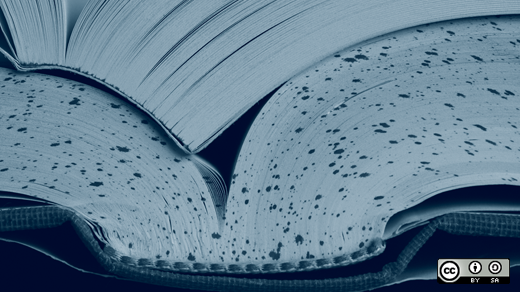The Handbook discusses the ‘why, what and how’ of open data – why to go open, what open is, how to make data open and how to do useful things with it.
Read on to find out more about what’s in the Handbook, who it’s for, and how you can get involved – for example by adding to and improving the Handbook, or by translating it into more languages.
The Open Knowledge Foundation are proud to announce the launch of version 1.0 of the Open Data Handbook (formerly the Open Data Manual):
Read the Open Data Handbook now! »
What is the Open Data Handbook?
The Open Data Handbook is a valuable resource for everyone interested in open data. It covers many types of data, but its particular focus is open government data.
The Open Data Handbook is targeted towards a broad audience. It contains useful information for civil servants, journalists, activists, developers, researchers – basically, for anyone with an interest in open data!
From a basic introduction of the ‘what and why’ of open data, the Handbook goes on to discuss the practicalities of making data open – the ‘how’. It gives advice on everything from choosing a file format and applying a license, to motivating the community and telling the world. Clear explanations, illustrative examples and technical recommendations make the Handbook suitable for people with all levels of experience, from the absolute beginner to the seasoned open data professional.
The Handbook is divided into short chapters which cover individual aspects of open data. It can be read in a single sitting, or dipped into as a reference work.
Finally, the Handbook is intended to be an organic project. It has been dubbed v1.0 for a reason – we hope that there are many more versions to come! We welcome feedback and suggestions; more on this below.
Where did it come from?
The Open Data Handbook began life as the ‘Open Data Manual’. The initial text was written at a book sprint in Berlin in October 2010. The sprint was organized by members of the Open Government Data and Open Data in the EU working groups at the Open Knowledge Foundation.
Since then, a wide group of editors and contributors have added to and refined the original material, to create the Handbook you see today.
What next?
The vision is to create a series of open-source Handbooks and Guides, which offer advice on different aspects of open data. This project has already been started. So far, we have:
- The Data Journalism Handbook,
- DataPatterns, which focuses on the technical aspects of data wrangling, and
- The shorter Guide to Finding Public Domain Works Online.
We hope to expand this list and to add further titles over time.
Work to translate the Open Data Handbook into many more languages has already begun, and special thanks are due to everyone who has already contributed. However, more translators are needed! You can watch the progress of the translations on Transifex. See below for details of how to contribute.
We are also aware of the need to tailor general advice about open government data to the legislative frameworks and requirements of different countries. If you would like to be involved in writing a country specific adaptation of the Open Data Handbook, please do get in touch via the mailing list.
Get involved!
The Open Data Handbook v1.0 represents the culmination of more than a year’s work – but the challenge isn’t over yet!
We need now need your input in order to:
- Translate the text into more languages! We use Transifex to manage translations; see the instructions on our wiki for information about how to get started
- Point out corrections and suggestions for improvement on our issue tracker or by emailing opendatahandbook[@]ofkn.org.
- Contribute to the next version of the Open Data Handbook – join the mailing list and share your ideas!
- Donate! We are committed to keeping the Open Data Handbook entirely free, and all contributions to enable this are gratefully received.






1 Comment